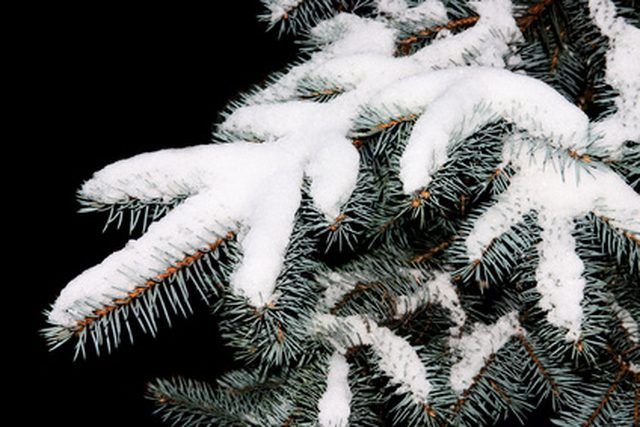Bulbs
Flower Basics
Flower Beds & Specialty Gardens
Flower Garden
Garden Furniture
Garden Gnomes
Garden Seeds
Garden Sheds
Garden Statues
Garden Tools & Supplies
Gardening Basics
Green & Organic
Groundcovers & Vines
Growing Annuals
Growing Basil
Growing Beans
Growing Berries
Growing Blueberries
Growing Cactus
Growing Corn
Growing Cotton
Growing Edibles
Growing Flowers
Growing Garlic
Growing Grapes
Growing Grass
Growing Herbs
Growing Jasmine
Growing Mint
Growing Mushrooms
Orchids
Growing Peanuts
Growing Perennials
Growing Plants
Growing Rosemary
Growing Roses
Growing Strawberries
Growing Sunflowers
Growing Thyme
Growing Tomatoes
Growing Tulips
Growing Vegetables
Herb Basics
Herb Garden
Indoor Growing
Landscaping Basics
Landscaping Patios
Landscaping Plants
Landscaping Shrubs
Landscaping Trees
Landscaping Walks & Pathways
Lawn Basics
Lawn Maintenance
Lawn Mowers
Lawn Ornaments
Lawn Planting
Lawn Tools
Outdoor Growing
Overall Landscape Planning
Pests, Weeds & Problems
Plant Basics
Rock Garden
Rose Garden
Shrubs
Soil
Specialty Gardens
Trees
Vegetable Garden
Yard Maintenance
The Best Time to Plant Colorado Blue Spruce Trees
The Best Time to Plant Colorado Blue Spruce Trees. Colorado blue spruce’s blue-tinged foliage has made it a popular landscape plant. Colorado blue spruce can live up to 600 years, according to USDA experts. There are cultivated standards (large) and dwarf cultivars of Colorado blue spruce.
Colorado blue spruce’s blue-tinged foliage has made it a popular landscape plant. Colorado blue spruce can live up to 600 years, according to USDA experts. There are cultivated standards (large) and dwarf cultivars of Colorado blue spruce.
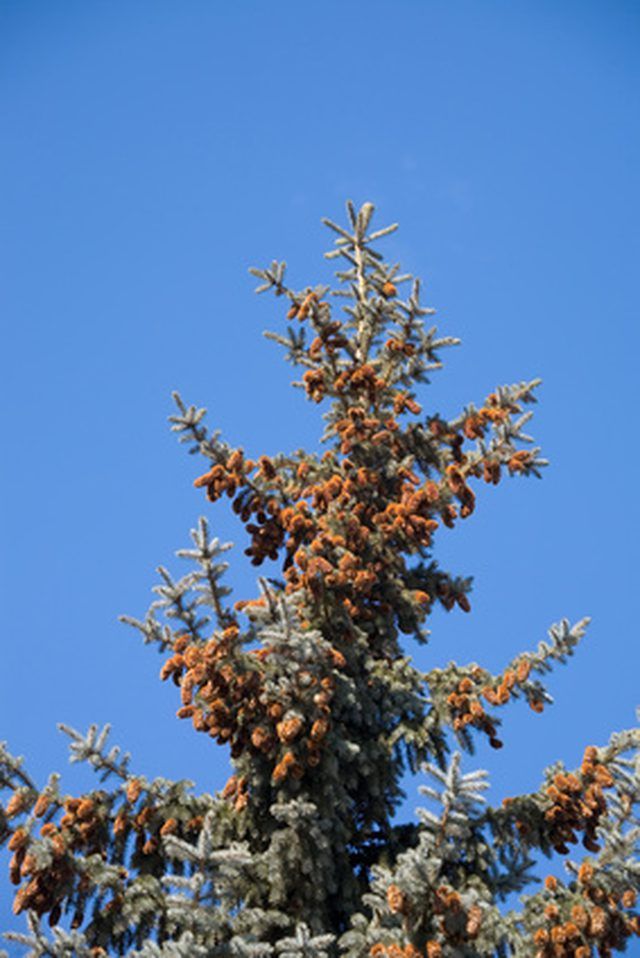
There are three main ways to buy Colorado blue spruce: balled and burlapped (B&B), container potted or bare-root. Colorado blue spruce is rarely sold bare-root unless as bulk seedlings. The type of container, or lack of it in the case of bare-root trees, helps determine when to plant the tree.
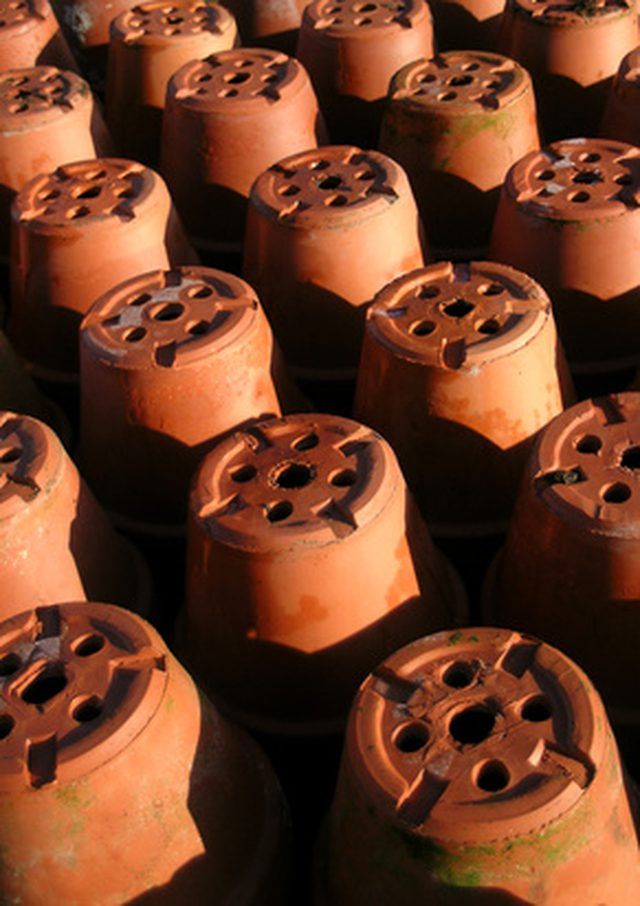
In areas with mild climates, like Southern California, Colorado blue spruce can be planted nearly year-round. Harsh winters and freezing weather limit planting times in certain areas. Use a freeze/frost map like NOAA’s to estimate planting times in cold weather areas.
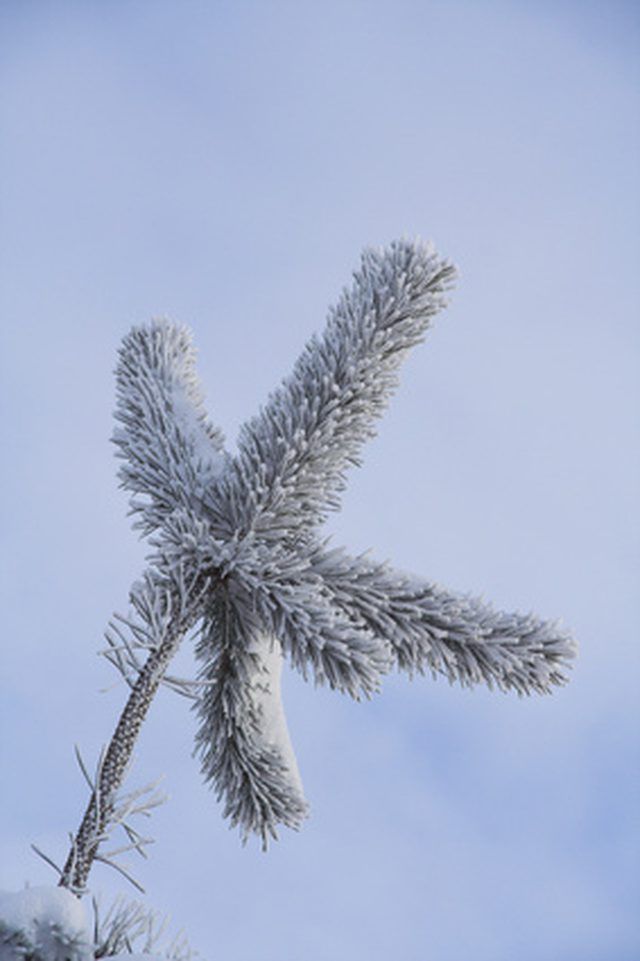
Balled and burlapped trees have diminished root systems. They need to be planted before canopy growth begins. Late winter (February) through early spring (March, April) is best. Planting in early fall is acceptable since leaf and shoot growth has slowed.
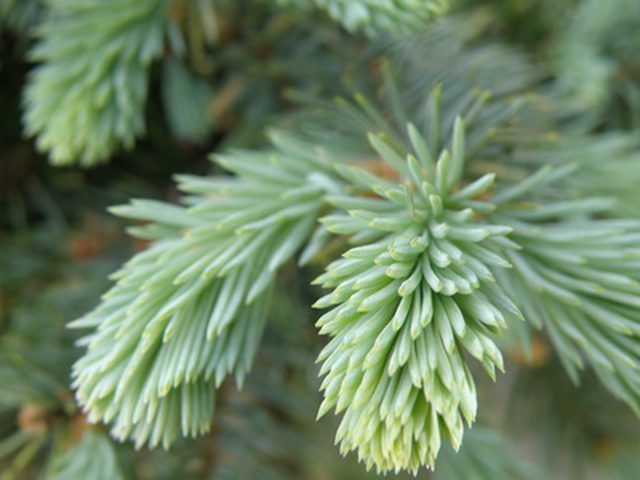
Bare root Colorado blue spruces should be planted while dormant so roots can become established before leaf and shoot growth begins. Late winter through early spring is best depending on your climate and ground thaw date. Bare root spruces can also be planted in very early fall.
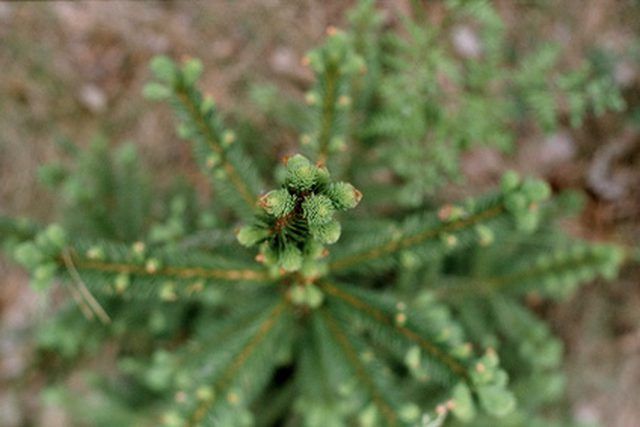
Potted Colorado blue spruces are either spruces dug up and potted for sale, or spruces that have been entirely container grown. Plant potted spruces in late spring through early fall. Spruces potted in field soil need early spring planting. Planting in spring through early fall is best for spruces grown in containers.
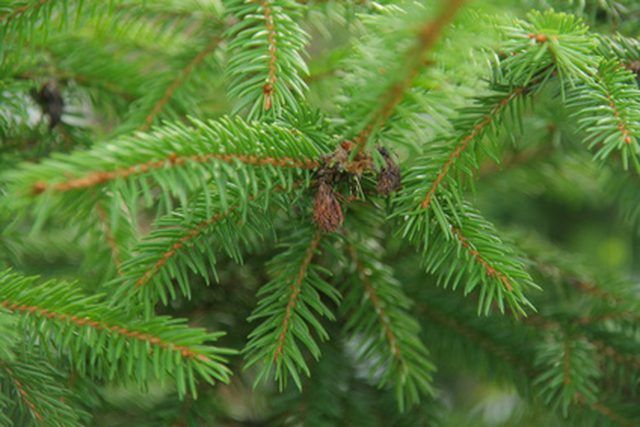
Late fall-planted Colorado blue spruces will not have time to get established. They are very susceptible to winter injury and die-back.
